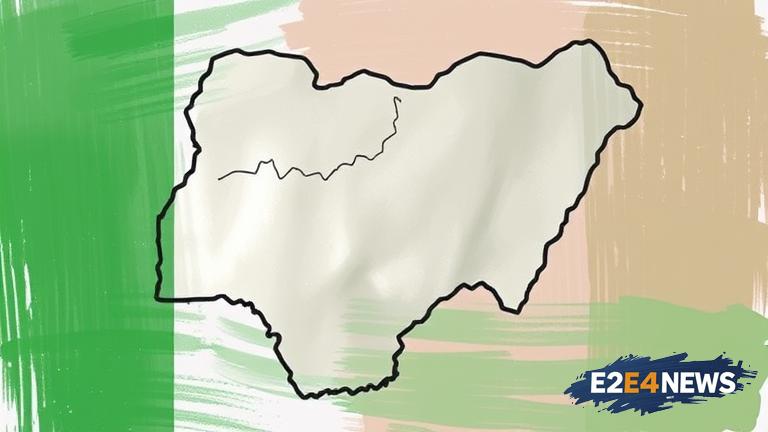The recent imposition of visa restrictions on Nigeria by several countries has sparked a heated debate about the country’s internal issues. The restrictions, which have been imposed by countries such as the United States, the United Kingdom, and Canada, are a result of Nigeria’s failure to meet certain requirements, including the provision of adequate security and the reduction of corruption. The Nigerian government has been criticized for its handling of the situation, with many arguing that it has not done enough to address the root causes of the problem. The visa restrictions have significant implications for Nigerians, who will now face greater difficulties when traveling abroad. The restrictions will also have a negative impact on the country’s economy, as many Nigerians rely on international travel for business and education. The Nigerian government has responded to the restrictions by promising to take steps to address the issues that led to them. However, many are skeptical about the government’s ability to make meaningful changes. The situation has also sparked a wider debate about the role of international organizations in shaping Nigeria’s internal policies. Some have argued that the visa restrictions are an example of foreign interference, while others see them as a necessary measure to push the Nigerian government to reform. The Nigerian government has also been criticized for its lack of transparency and accountability, which has contributed to the country’s poor human rights record. The visa restrictions have also highlighted the need for Nigeria to strengthen its institutions and improve its governance. This includes reforming the country’s electoral system, strengthening the judiciary, and promoting the rule of law. Furthermore, the Nigerian government needs to take concrete steps to address the issue of corruption, which has been a major obstacle to the country’s development. The government also needs to improve its human rights record, including protecting the rights of minority groups and promoting freedom of speech. In addition, the government needs to take steps to address the issue of insecurity, which has been a major challenge for the country. The visa restrictions have also sparked a debate about the impact of globalization on Nigeria’s economy and society. Many have argued that the restrictions are a result of Nigeria’s failure to adapt to the changing global landscape. Others have argued that the restrictions are an example of the unequal power dynamics between Nigeria and Western countries. The situation has also highlighted the need for Nigeria to diversify its economy and reduce its dependence on oil exports. Overall, the visa restrictions on Nigeria are a wake-up call for the country to address its internal issues and take steps to promote good governance, transparency, and accountability.
